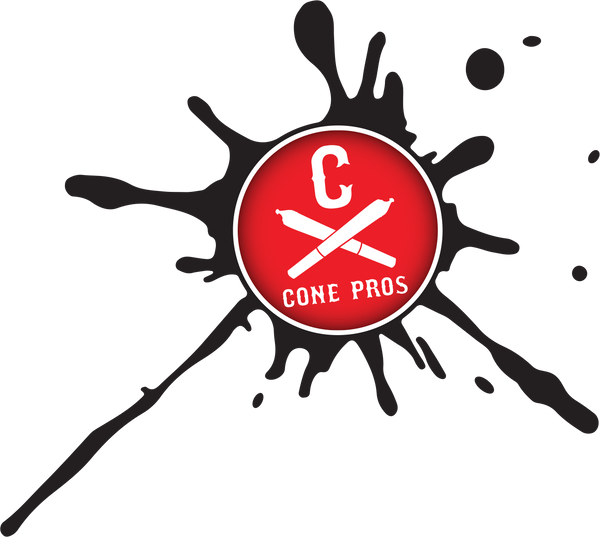Rolling Paper
-
Overview
Rolling paper is the traditional smoking paper most people are familiar with. All rolling paper is made of cellulose. This is a fibrous material sourced from different types of plants. Standard rolling paper is made of cellulose sourced from various plants, such as hemp and flax. Hemp rolling paper is sourced exclusively from hemp.
-
Classic White vs Unbleached Brown
Classic white rolling paper is the most common type. It is processed with chemical agents that bleach the fibers into a uniform white color. This technique was introduced to create a uniform, hygienic product. As the name suggests, unbleached papers are not processed with bleaching agents. Unbleached paper fibers retain their natural pigment and the color can vary slightly between batches. Since the fibers are not bleached, extra care must be taken in choosing the raw material for this type of paper. For this reason, they are often considered to be higher quality and can be slightly more expensive.
-
Colored Rolling Paper
Cone Pros offers standard rolling paper in several colors. To achieve these colors, vegetable based dyes are added to the paper-making process. These dyes are non-toxic, food-safe and will not stain your skin. We also have the ability to print complex images onto rolling paper with these types of dyes.
-
GSM
Paper thickness is measured in GSM (Grams per Square Meter). The higher the GSM, the thicker the paper. Most premium brands, including Cone Pros, use paper that is about 14 GSM. Some brands use paper that is around 20 GSM. These papers are usually cheaper taste harsh.
Hemp Wrapper
-
Overview
Hemp wrapper, also known as "blunt wraps" or "cigar paper", is a thick paper made from hemp. Hemp wrapper burns slowly and is more dense and flavorful than rolling paper. Hemp wrapper is less refined than rolling paper, so it retains many of the vegetable qualities of the plant.
-
Compliance
Cone Pros sources 100% American-grown hemp to make wrapper. The wrapper is made at a sustainably operated facility in USA. Industrial hemp does not contain any THC. Every batch of hemp is tested before we make wrapper. After the hemp is made into wrapper, it is tested again. These tests are extensive, in accordance with Phase 3 compliance requirements. A third party laboratory tests for cannabinoids, residual solvents, heavy metals, pesticides, microbes and other contaminants.
-
Colored Wrappers
Hemp wrapper is available in a variety of colors. Traditionally these colors are given formal names. Candela is the name for green colored cigars. Oscuro is the name for dark brown cigars. Colorado is the name for medium brown or reddish colored cigars.
Green (Candela) wrapper, is considered the freshest variety. It retains much of the plant's chlorophyl which gives it a vibrant green color.
Light brown (Colorado) wrapper is the most common variety. It is lightly cured for an even, mellow smoking experience.
Dark brown (Oscuro) wrapper has a deep brown color to match its rich flavor.
-
GSM
Just like rolling paper, hemp wrapper thickness is measured in GSM (Grams per Square Meter). The higher the GSM, the thicker the paper. Most wrapper is 45-60. Often you will find wrapper that is double-layered or "laminated". Laminated wrapper is usually made of 2 thin wraps (~45 GSM each) pressed together with a thin layer of glue. Lamination creates a thicker, slower burning wrap.
Adhesive
-
Overview
Many different types of adhesives are used in the smoking industry. Some examples are Poly-Vinyl-Acetate or "PVA", Methylcelulose, Guar Gum, and Gum Arabic. Some of these adhesives are man-made, and others are naturally-derived. Each has its own properties and is used for various applications.
-
Gum Arabic
At Cone Pros we prefer to seal our cones and tubes with Gum Arabic. Gum Arabic is a 100% natural adhesive made from plants. Gum Arabic is a type of sugar harvested from Acacia trees. It is dried, ground into a powder, and mixed with water to form a glue. Gum Arabic is food-safe, FDA approved and has been used for centuries in a variety of applications. You are probably already familiar with Gum Arabic, as it is frequently used to make the gum-line on rolling papers. Gum Arabic production is simple and does not create harmful byproducts. We love using Gum Arabic because it is odorless, flavorless, vegan, non-toxic, non-GMO and sustainable.

